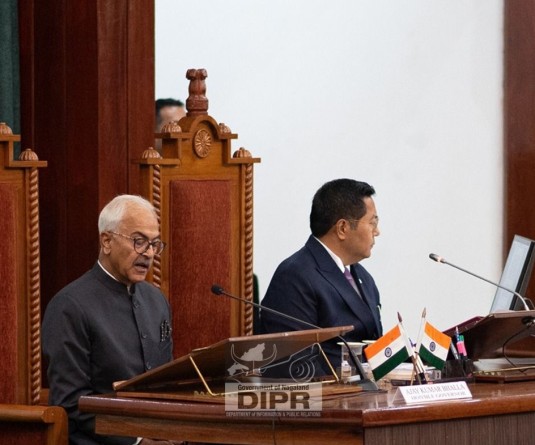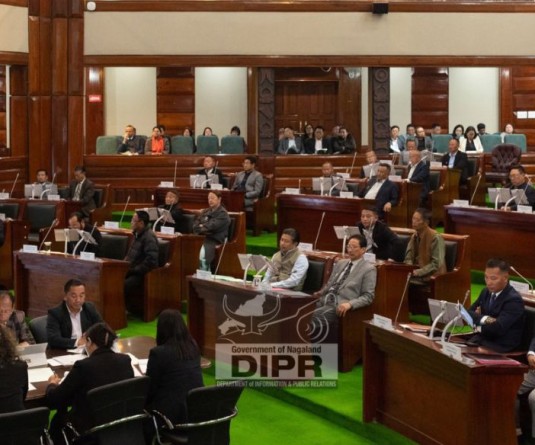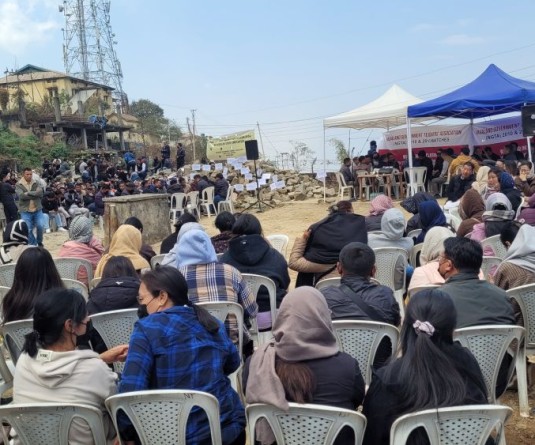
Our Correspondent
Kohima | April 7
Since the implementation of communitisation of elementary schools in Nagaland, there has been considerable progress in elementary education with regard to enrolment, retention of children in the schools and provision of reasonable quality education to primary school children.
Elementary education, which was communitised in 2002 under the Nagaland Communitisation of Public Institutions and Services Act, 2002 is the largest and the most important sector of Government-Community partnership in the state, according to the Annual Administrative Report of the state’s school education department. The report was tabled by minister for school education C.M. Chang in the recently concluded assembly session.
The term “Communitisation” was coined by the former Chief Secretary of Nagaland R.S. Pandey. It was pointed out by Pandey that the two programmes of Communitisation and Sarva Shiksha Abhiyan (SSA) were a married coupled. The SSA is to provide useful and relevant elementary education for all children between the age group of 6 and 14. Communitisation thus ensures investment of a community’s social capital for betterment of schools and improvement of education at the grass root level, the report said.
National policies, commissions and committees have talked about community based school management, community school ownership and community empowerment in school education. However, they were not implemented in the state until the Act of Communitisation of Elementary Education, 2002 was passed by the Nagaland Legislative Assembly in 2002.
The Act, according to the report, was passed with the aim to provide empowerment of the community and to delegate the powers and functions of the state government to the local authorities. Communitization of elementary schools in Nagaland has been conceptualized with the objective to cultivate fundamental skills and knowledge in the minds of the young people.
The report said that through communitisation of school education, the school becomes a centre of community life for educational experiences where the community members can contribute significantly to the school by taking proactive role in the school programmes. It is in response to the demand for sustainable quality in basic education in the state, the report said.
To ensure the success of the programme, the Village Education Committee (VEC) was formally constituted. The power for financial transaction for teachers’ monthly salary is transferred to the hands of the VEC with powers delegated to the VEC. The principle of “No Work, No Pay” is effectively being implemented where regular pay to the teachers is regulated and daily wage is deducted according to the number of days a teacher is found absent in the school.
A monthly salary for teachers is disbursed by the VEC with the head teacher as secretary, the report said. This particular act empowers the community to manage, direct, supervise and control the schools, ensuring academic and financial discipline.






